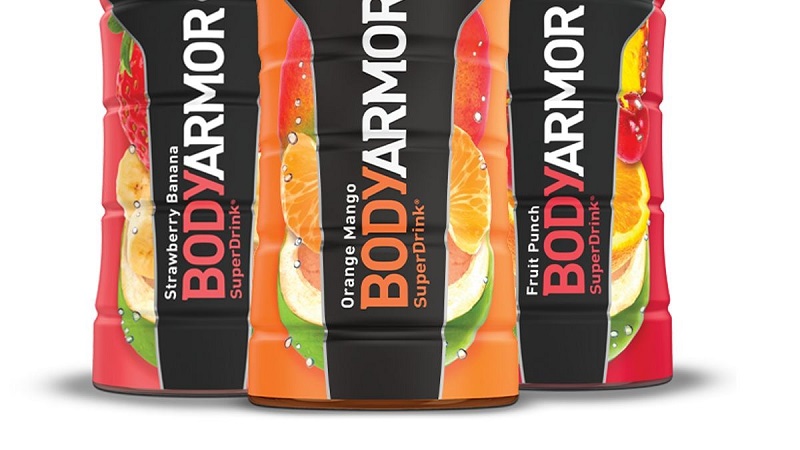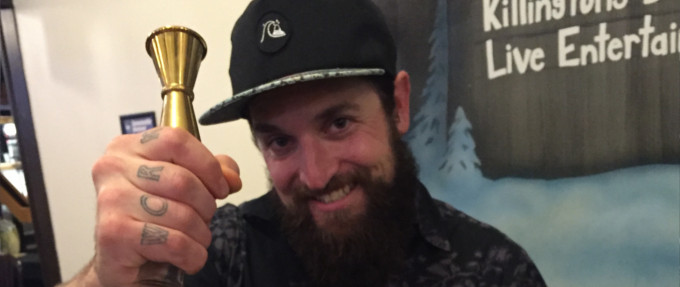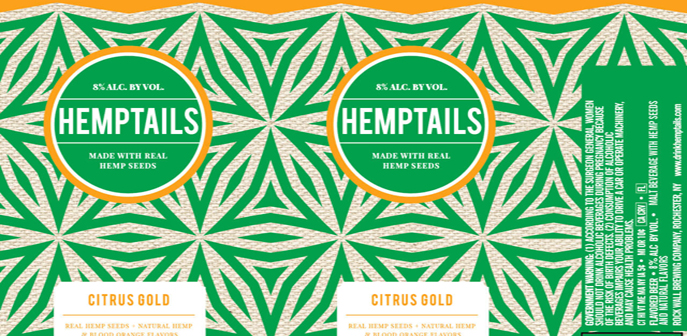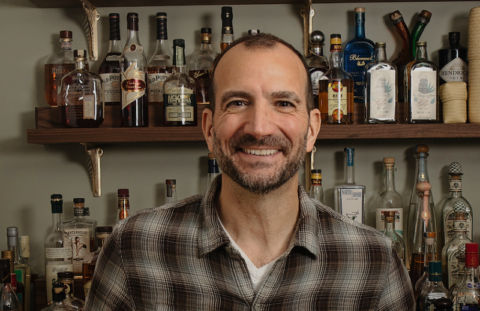Coca-Cola’s Struggle with $5.6B BodyArmor Acquisition
Dive Brief:
- Coca-Cola has struggled to integrate its $5.6 billion purchase of BodyArmor, CEO James Quincey told analysts in the company’s most recent earnings call.
- The purchase of the fast-growing sports drink, the largest acquisition in the company’s history, led to more “disruption in the short-term” than expected, Quincey said. The Atlanta-based beverage giant is optimistic it will reset BodyArmor and the brand will complement its other big offering in the sports-drink category, Powerade.
- Coca-Cola first acquired a 15% stake in BodyArmor in 2018 for an undisclosed amount. It announced in late 2021 it would purchase the remaining 85% of the brand as it expanded its beverage offerings.
Dive Insight:
When Coca-Cola first invested in BodyArmor five years ago, the upstart had about $250 million in sales.
In 2021, when it purchased the rest of the brand, that figure soared to more than $1 billion. The fast-growing, healthier-positioned sports drink caught on with consumers through its use of coconut water, low sodium and high potassium levels, the absence of artificial colors and including sugar in place of high fructose corn syrup.
While the future for BodyArmor remains upbeat, Coca-Cola admitted to some early challenges in integrating the fast-growing brand into its existing network as it aims to better compete against industry heavyweight Gatorade, owned by PepsiCo. The purchase of the better-for-you sports drink by Coca-Cola amounted to a big bet that the beverage would play a key role in building out its liquid offerings and reposition the business into a “total beverage company.”
BodyArmor’s sales declined in the latest quarter as the beverage company integrated the startup brand with Powerade, Quincey told The Wall Street Journal. The business publication, citing a Goldman Sachs analysis of Nielsen data, said Coca-Cola’s U.S. sports-drink market share had slipped in recent months. Still, the Coke chief remains optimistic this year will be a turning point for BodyArmor.
“We have a good plan going forward in 2023 that will kind of reset BodyArmor on a good path,” Quincey said on the earnings call.
In Coca-Cola’s earnings report, the company reported net revenues surged 7% to $10.1 billion, due in part to price increases. In North America, volume increases in soda, juice and Fairlife dairy offset declines in other parts of its business.
Executives warned of a “dynamic operating environment” in 2023 and “many uncertainties [that] remain in the macro economy,” including economic policies, consumer demand, inflation, supply chain and war. Similar to recent announcements from other food and drink companies, Coca-Cola said there will be additional price hikes in the coming year.
“In the developed markets, it’s likely we’ll trend more back towards more standard cycles of pricing, but there will be price increases across the world in 2023 to reflect both the continuing inflation in import and” higher expenses, Quincey said.
Coca-Cola has overhauled its portfolio in recent years, shutting down or selling brands such as Honest tea, Tab soda and Zico coconut water to focus on more profitable, faster-growing products. At the same time, it acquired Topo Chico premium sparkling mineral water, purchased the remaining stake in Fairlife and doled out $5.1 billion to add Costa Coffee.
Read Also: Food Inflation to Remain Volatile Despite Recent Improvements
It also entered into deals with Molson Coors and Brown-Forman to bring brands such as Topo Chico into the alcohol category. The partnership with Brown-Forman will create a ready-to-drink cocktail combining Jack Daniel’s Tennessee Whiskey and the iconic soda brand.
An early launch of the offering in Mexico at the end of last year was “encouraging, ahead of expectations,” Quincey said, noting that its U.S. debut at the end of March will be “very interesting.”








